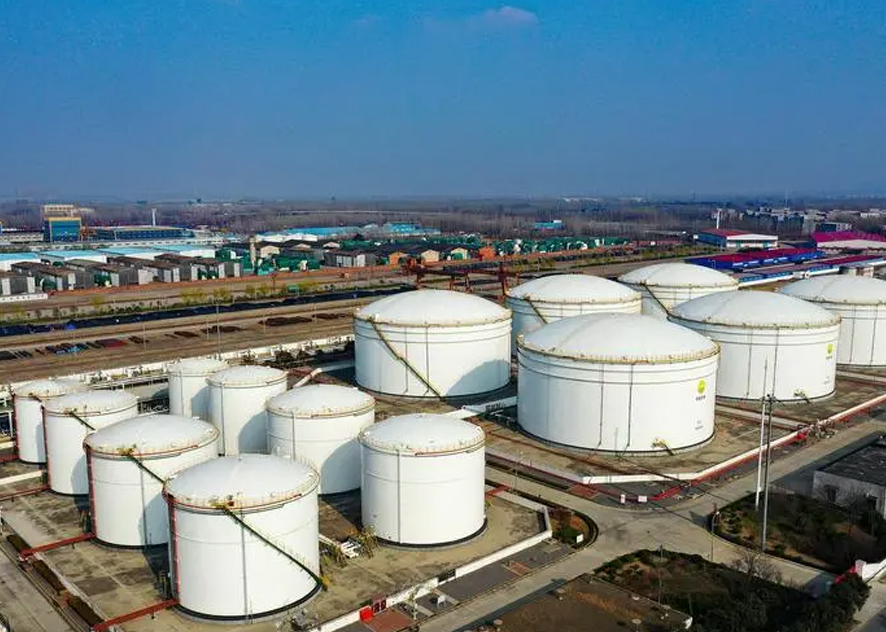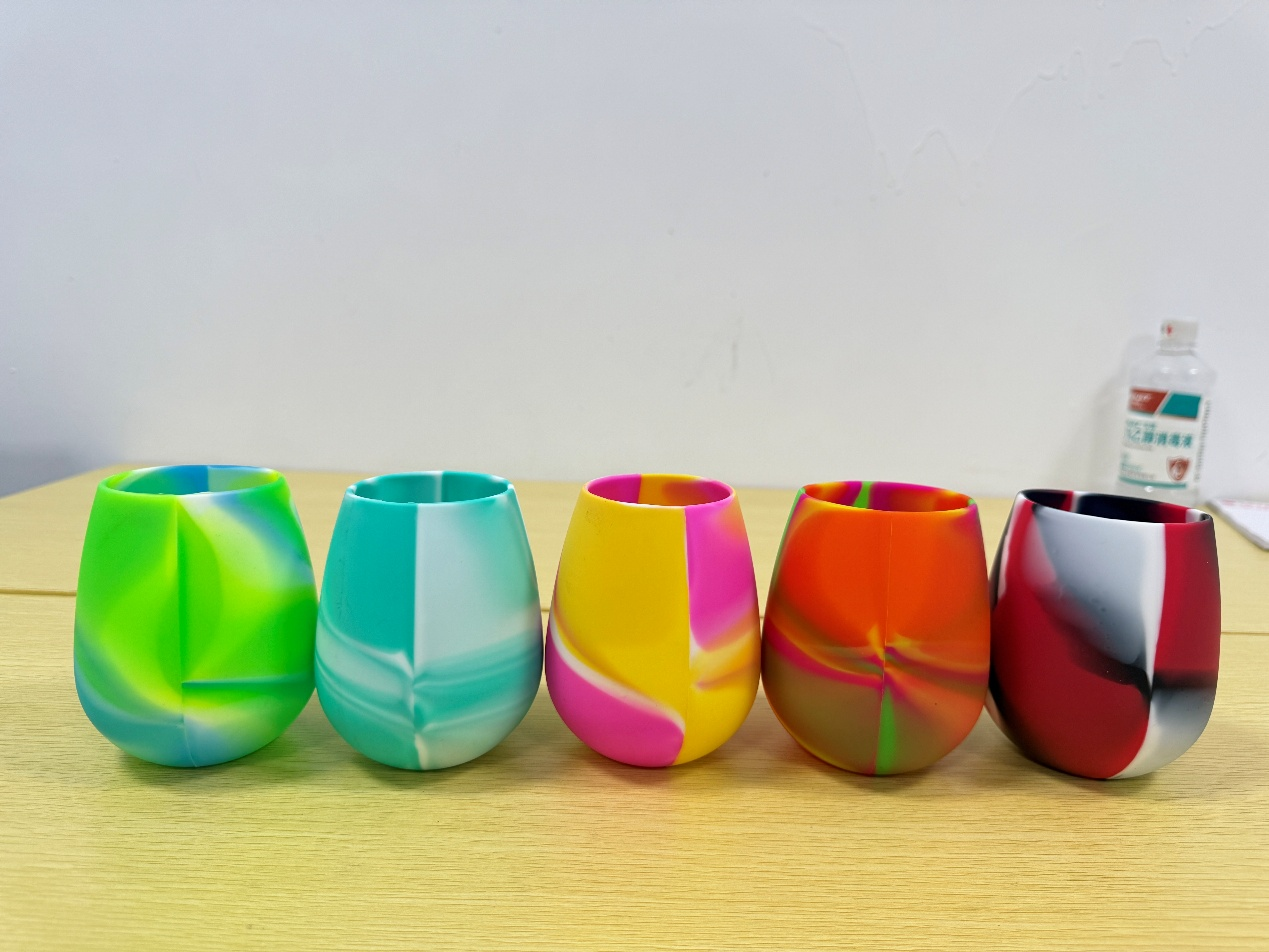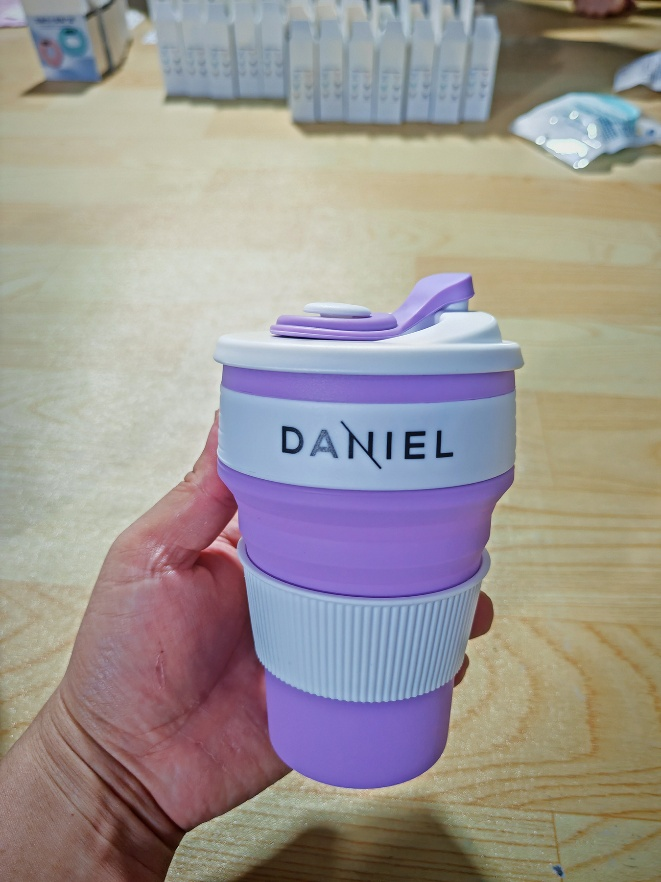As a key equipment for oil storage, large oil storage tanks have thermal insulation properties that are of great significance to ensuring a stable supply of oil. As a common insulation technology, constant power parallel electric heating tape is widely used in insulation projects of large oil storage tanks.

Advantages of constant power parallel electric heating tape
1. Energy saving and high efficiency: Constant power parallel electric heating tape can automatically adjust the output power according to the set temperature, maintain the stability of the oil tank temperature, and avoid energy waste. Compared with traditional steam or hot water insulation methods, constant power parallel electric heating tape has higher energy utilization efficiency.
2. Easy installation: The constant power parallel electric heating tape has a simple structure and is easy to install, and can adapt to various complex tank shapes and sizes. At the same time, because the electric heating tape is a self-regulating system, no additional temperature control system is required, which greatly simplifies the installation project.
3. Temperature stability: Constant power parallel electric heating tape has stable power output, which can maintain the stability of the temperature in the oil tank and avoid the impact of temperature fluctuations on oil quality.
4. Easy maintenance: The operation and maintenance of constant power parallel electric heating tapes is relatively simple. You only need to regularly check the operating status of the electric heating tapes and the working conditions of related equipment to ensure their normal operation.
Application of constant power parallel electric heating tape
1. Insulation in the tank: Long-term storage of oil in large oil storage tanks may cause the temperature to drop, affecting the quality of the oil. The use of constant power parallel electric heating tape can maintain the stability of the temperature in the oil tank and ensure the stability of the oil quality.
2. Pipeline insulation: Due to long-distance transportation and the influence of ambient temperature, the temperature of the liquid in the oil transportation pipeline may drop. The use of constant power parallel electric heating tape can maintain the stability of the liquid temperature in the pipeline, avoid pipeline pressure changes caused by temperature changes, and ensure the safe operation of the pipeline.
3. Pumping station insulation: The equipment in the petroleum pumping station will generate heat during operation. The use of constant power parallel electric heating tape can maintain the stability of the temperature in the pumping station, avoid the equipment being affected by temperature changes, and ensure the stable operation of the pumping station.
4. Gas storage tank insulation: Gas storage tanks are often installed in petroleum storage facilities to store gases such as natural gas. Since gas is sensitive to temperature changes, the use of constant power parallel electric heating tape can maintain the stability of the temperature in the gas storage tank and ensure the safe storage of natural gas.
As a commonly used insulation technology, constant power parallel electric heating tape has the advantages of energy saving and high efficiency, easy installation, stable temperature and convenient maintenance. In the insulation project of large oil storage tanks, the use of constant power parallel electric heating tape can maintain the stability of the temperature in the oil tank and ensure the stability of the oil quality; at the same time, it can adapt to various complex oil tank shapes and sizes, simplifying the installation project; and It can maintain the stability of the temperature of the liquid in the pipeline and ensure the safe operation of the pipeline; in addition, it can also maintain the stability of the temperature in the pump station and gas storage tank to ensure the normal operation of the equipment. Therefore, choosing to use constant power parallel electric heating tape is an ideal choice for large oil storage tank insulation projects.

 English
English Español
Español Português
Português русский
русский français
français 日本語
日本語 Deutsch
Deutsch Tiếng Việt
Tiếng Việt Italiano
Italiano Nederlands
Nederlands ไทย
ไทย Polski
Polski 한국어
한국어 Svenska
Svenska magyar
magyar Malay
Malay বাংলা
বাংলা Dansk
Dansk Suomi
Suomi हिन्दी
हिन्दी Pilipino
Pilipino Türk
Türk Gaeilge
Gaeilge عربى
عربى Indonesia
Indonesia norsk
norsk اردو
اردو čeština
čeština Ελληνικά
Ελληνικά Українська
Українська Javanese
Javanese فارسی
فارسی தமிழ்
தமிழ் తెలుగు
తెలుగు नेपाली
नेपाली Burmese
Burmese български
български ລາວ
ລາວ Latine
Latine Қазақ
Қазақ Euskal
Euskal Azərbaycan
Azərbaycan slovenský
slovenský Македонски
Македонски Lietuvos
Lietuvos Eesti Keel
Eesti Keel Română
Română Slovenski
Slovenski मराठी
मराठी Српски
Српски 简体中文
简体中文 Esperanto
Esperanto Afrikaans
Afrikaans Català
Català עִברִית
עִברִית Cymraeg
Cymraeg Galego
Galego 繁体中文
繁体中文 Latvietis
Latvietis icelandic
icelandic יידיש
יידיש Беларус
Беларус Hrvatski
Hrvatski Kreyòl ayisyen
Kreyòl ayisyen Shqiptar
Shqiptar Malti
Malti lugha ya Kiswahili
lugha ya Kiswahili አማርኛ
አማርኛ Bosanski
Bosanski Frysk
Frysk ជនជាតិខ្មែរ
ជនជាតិខ្មែរ ქართული
ქართული ગુજરાતી
ગુજરાતી Hausa
Hausa Кыргыз тили
Кыргыз тили ಕನ್ನಡ
ಕನ್ನಡ Corsa
Corsa Kurdî
Kurdî മലയാളം
മലയാളം Maori
Maori Монгол хэл
Монгол хэл Hmong
Hmong IsiXhosa
IsiXhosa Zulu
Zulu Punjabi
Punjabi پښتو
پښتو Chichewa
Chichewa Samoa
Samoa Sesotho
Sesotho සිංහල
සිංහල Gàidhlig
Gàidhlig Cebuano
Cebuano Somali
Somali Точик
Точик O'zbek
O'zbek Hawaiian
Hawaiian سنڌي
سنڌي Shinra
Shinra հայերեն
հայերեն Igbo
Igbo Sundanese
Sundanese Lëtzebuergesch
Lëtzebuergesch Malagasy
Malagasy Yoruba
Yoruba









